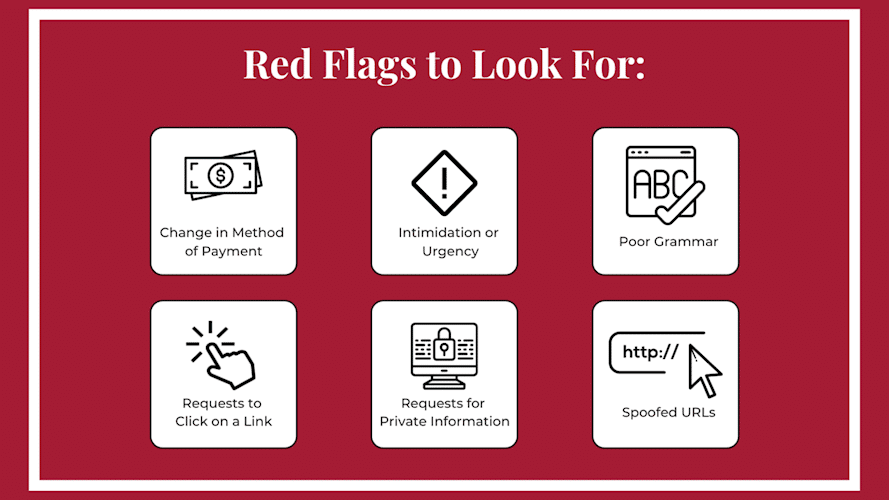Do Personal Trainers Need Websites?
The Importance of Having a Website as a Personal Trainer
Personal trainers, like experts in other businesses, need to have a strong web presence in today’s digital world. A website may be a valuable marketing tool for trainers, allowing them to exhibit their skills, attract potential clients, and build their businesses. Let’s look at why personal trainers should think about establishing their own websites.

1. Establishing Credibility and Building Trust
When prospective clients look for personal trainers, they frequently use the internet to gather information and weigh their alternatives. Having a website can boost your credibility and professionalism greatly. It acts as a hub where you may display your credentials, certifications, and experience, giving visitors confidence that you are a trustworthy authority in your sector. https://diversewebsitedesign.com.au/
A well-designed website can also include client testimonials, success stories, and before-and-after images, which provide social proof and help prospective clients create trust. You may build confidence in potential clients and enhance your chances of acquiring new business by displaying your track record of assisting others in achieving their fitness goals.
2. Expanding Your Reach and Targeting Your Audience
The target audience of a personal trainer may differ depending on their specialisation, such as weight loss, strength training, or sports-specific conditioning. You may accurately define your target demographic and adapt your messaging with a website. You can address specific fitness concerns and provide helpful insights by developing instructive material, such as blog posts or videos, to attract and engage your ideal clientele.

Furthermore, a website allows you to reach a larger audience outside of your own region. You may optimise your website for search engines by include relevant keywords that potential clients are likely to search for while looking for personal trainers online. This boosts your website’s visibility in search engine results, helping you to attract clients from all over the world.
3. Showcasing Your Services and Specializations
One of the primary advantages of having a website as a personal trainer is the ability to comprehensively promote your services and specialisations. While social media networks such as Instagram and Facebook are great for sharing bits of your work, a website allows you to provide more thorough information about your offers.
https://www.dynamicwebdesign.com.au/website-design-adelaide/ You can promote your numerous services on your website by creating specialised pages, such as one-on-one training, group sessions, online coaching, or nutritional assistance. Each service can include a thorough description, pricing information, and any distinguishing features that set you apart from competitors.

4. Enhancing Client Communication and Engagement
A website acts as a major hub for client contact and engagement. To make it easier for potential clients to contact you, you can incorporate contact forms, email subscription forms, or live chat services. You create a seamless experience for visitors who are interested in your services by giving different routes of communication.
A website can also serve as a resource centre for your current clients. You can offer instructional materials, training instructions, or healthy recipes with your clients to keep them involved and motivated outside of training sessions. This continuous communication and support can aid in the development of long-term client relationships, resulting in client retention and favourable referrals.
5. Differentiating Yourself from Competitors
The fitness market is highly competitive, and personal trainers must find ways to differentiate themselves. A well-designed website allows you to highlight your unique selling features and set yourself out from competition.
You can use the design and branding of your website to express your personality and training philosophy. Whether you specialise in a specific training methodology, deal with a specific demographic, or have a distinct teaching style, your website may successfully represent these characteristics, attracting clients who resonate with your approach.

Conclusion
Personal trainers might profit immensely from having their own websites in today’s digital economy. A website may help trainers build reputation, broaden their reach, display their skills, improve client communication, and differentiate themselves from competition.
Personal trainers can develop trust with potential clients by exhibiting their qualifications, certifications, and success stories on their website. By providing excellent content and optimising their website for search engines, they can also target their desired audience. Furthermore, a website enables trainers to provide detailed information about their services and specialisations, making it easier for potential clients to comprehend what they provide.
A website serves as a centralised platform for client communication and engagement, giving multiple avenues for potential clients to contact you and nurturing ongoing connections with current clients. A well-designed website can also assist personal trainers in differentiating themselves by expressing their distinct training philosophy, approach, and branding.
Finally, personal trainers might profit immensely from having their own websites. It is an important tool for establishing trust, acquiring clients, and growing their enterprises in today’s digital era. Personal trainers can position themselves as trusted experts, broaden their reach, and effectively promote their services to a larger audience by investing in a professional website.





